Nestled in the tiny village of Santu Lussurzu (Santu Lussurgiu in Italian), Sardegna, in one of the most beautiful places I have ever seen. I am finding I am super tired, each day, as I forget how much language learning/listening/conversing in a new language takes out of you. It’s as if, by 9 pm, my language brain shuts off, and not only can I no longer absorb new vocabulary, I can’t really summon my own words in any form (perhaps a surprise to you because you think I am super verbal!). So, I put myself to bed early, ca. 10, and then lie in bed for at least two hours, because the entire village is up on both sides of the house until midnight.
Last night, the pizzeria on the corner had some very talkative customers, especially after they’d drunk their Ichnussa beer (a Sardinian brewery—light, fresh, and super good; costs EU 1.60 in the store for a six pack!). They began playing some four-part style singing, “cantu a cuncordu,” on their sound system and projecting it into the street on the side of the house where the bedroom is. Then, as I walked into the kitchen to relocate to the couch where there was more circulation and less noise, I heard another version of “cantu a cuncordu,” but this time, it was live and coming from the bar! 11.30 at night, and a group of twenty-something boys are singing, spontaneously, in this style, as the radio at the bar is turned off so everyone can listen. So, I was surrounded by polyphonic singing—both recorded and “real”—on both sides! It was pretty magical; if I had felt better, I would have put some clothes on and rallied down to the bar for a drink and to hear them. Life is so social here, and sometimes I feel like I’m up the challenge of making conversation and being engaged at all levels—personal, research, in Italian, in Sardo, ecc.—and sometimes I feel I’m not.
Last night, the pizzeria on the corner had some very talkative customers, especially after they’d drunk their Ichnussa beer (a Sardinian brewery—light, fresh, and super good; costs EU 1.60 in the store for a six pack!). They began playing some four-part style singing, “cantu a cuncordu,” on their sound system and projecting it into the street on the side of the house where the bedroom is. Then, as I walked into the kitchen to relocate to the couch where there was more circulation and less noise, I heard another version of “cantu a cuncordu,” but this time, it was live and coming from the bar! 11.30 at night, and a group of twenty-something boys are singing, spontaneously, in this style, as the radio at the bar is turned off so everyone can listen. So, I was surrounded by polyphonic singing—both recorded and “real”—on both sides! It was pretty magical; if I had felt better, I would have put some clothes on and rallied down to the bar for a drink and to hear them. Life is so social here, and sometimes I feel like I’m up the challenge of making conversation and being engaged at all levels—personal, research, in Italian, in Sardo, ecc.—and sometimes I feel I’m not.
How to describe how crazy this community is for sound, and for music, and for this style of singing, here? When the man who sells you fresh produce at the fleamarket is also the “tenore” in a cantu a cuncordu group that performed in Spain last year,and while he plays you one of their videos from youtube the middle-aged woman purchasing lettuce starts humming the melody of the song along with the Youtube video; when you go to a pizzeria run by the “pizzaiolu” (pizza artisan) and they are playing polyphonic music as you drink your working-class beer (for Burqueños: think the equivalent of a Marble or Sidetrack Brewing); when pre-teens and young men spontaneously break into ornate, four-part a cappella singing over beers on a Thursday night, singing fully and loud enough for the entire village to hear and without a single reproach shouted out, there is a certain integration of sound and daily life, or art with daily life, that really moves me.
Art, then, becomes the domain of everybody, not just those who perform it or read music or make it. It also belongs to those who listen, those who support their kids in performing, those who sing along with recordings, and those who play it on their sound system for tourists to hear. And it is the same for knives and knifemaking, and ironworking and ferriers, and cheesemaking (specifically of cassizolu, an amazing cow’s milk cheese that comes from here), and the distilling of S’abbardente (a distilled grape liquor flavored with wild fennel and drunk as a digestivo), and other crafts specifically associated with and respected in this village because they are things that come from here. So, knifemaking, and ironwork, and cheesemaking, and distilling spirits, and sound and songs, are all part of the cultural patrimony of this place, or the terroir of Santu Lussurgiu, each equally precious, treasured, guarded, and cautiously shared with outsiders.
Art, then, becomes the domain of everybody, not just those who perform it or read music or make it. It also belongs to those who listen, those who support their kids in performing, those who sing along with recordings, and those who play it on their sound system for tourists to hear. And it is the same for knives and knifemaking, and ironworking and ferriers, and cheesemaking (specifically of cassizolu, an amazing cow’s milk cheese that comes from here), and the distilling of S’abbardente (a distilled grape liquor flavored with wild fennel and drunk as a digestivo), and other crafts specifically associated with and respected in this village because they are things that come from here. So, knifemaking, and ironwork, and cheesemaking, and distilling spirits, and sound and songs, are all part of the cultural patrimony of this place, or the terroir of Santu Lussurgiu, each equally precious, treasured, guarded, and cautiously shared with outsiders.
And then, out of the blue, and perhaps inspired by the constant sun and incredible soundscape that emanate from my window on the second floor of Casa Santa Maria, this song about sun, my recent, fleeting and beautiful week in Finland came, fully formed like a little gift, last week as I sat here on the terrazza. I am calling these songs the “Casa Santa Maria sessions”—all written on the patio overlooking Via Nuoro 1, the town square, the market, and the flow of everyday life. It is dedicated to the amazing, lion-hearted yet no-nonsense Finnish Red Cross worker and Philosophy graduate student who we had the honor of collaborating with in Turku when we were in Finland, Rosa Rantanen. You are welcome to listen to it, here (demo recording on an old iphone 5).
“Soak up the Sun”
Kristina Jacobsen, copyright 2018
~for Rosa~
It’s “kiitos” this, and “kiitos” that
Sea buckthorn, elderflower
Blueberry soup
and cloudberries
Midsummer night, maximize
Lean into it when you realize
a Finnish summer is short and sweet
Chorus:
I’m gonna squeeze
Every last drop of summer
Out of this place
Gonna stay up ‘til the crease of dawn
and then some
Gonna rise two hours later and soak up the sun
‘Cus who knows when we’ll have a golden moment
like this again?
We tell the tourists it’s always this way
But Scandinavia’s cold and gray
But in the heart of winter
We need to hold onto something
So we summon that day
It was warm and sweet
We need to believe this can be
To return there if only in our minds
(So we can)
Chorus
squeeze
Every last drop of summer
Out of this place
Gonna stay up ‘til the crease of dawn
and then some
Gonna rise two hours later and soak up the sun
‘Cus who knows when we’ll have a golden moment like this again?
Bridge
It’s the sweetest denial I know F
Lazy and long, slow lattes on the canal
Seagulls flying all around
Chorus:
(So that’s why) we’re gonna squeeze
Every last drop of summer
Out of this place
Gonna stay up ‘til the crease of dawn
and then some
Gonna rise two hours later and soak up the sun
‘Cus who knows when we’ll have a golden moment like this again?
‘Cus who knows when we’ll have a golden moment like this again?
Every last drop of summer….
~Special thanks to: Giuseppe Scano and B&B Casa Santa Maria; Naomi Sunderland for inspiration for the words “long, slow lattes” in this song, and the Commune of Santu Lussurgiu and mayor Diego Loi for their warmth and hospitality.
All photos taken by Kristina Jacobsen, copyright 2018.
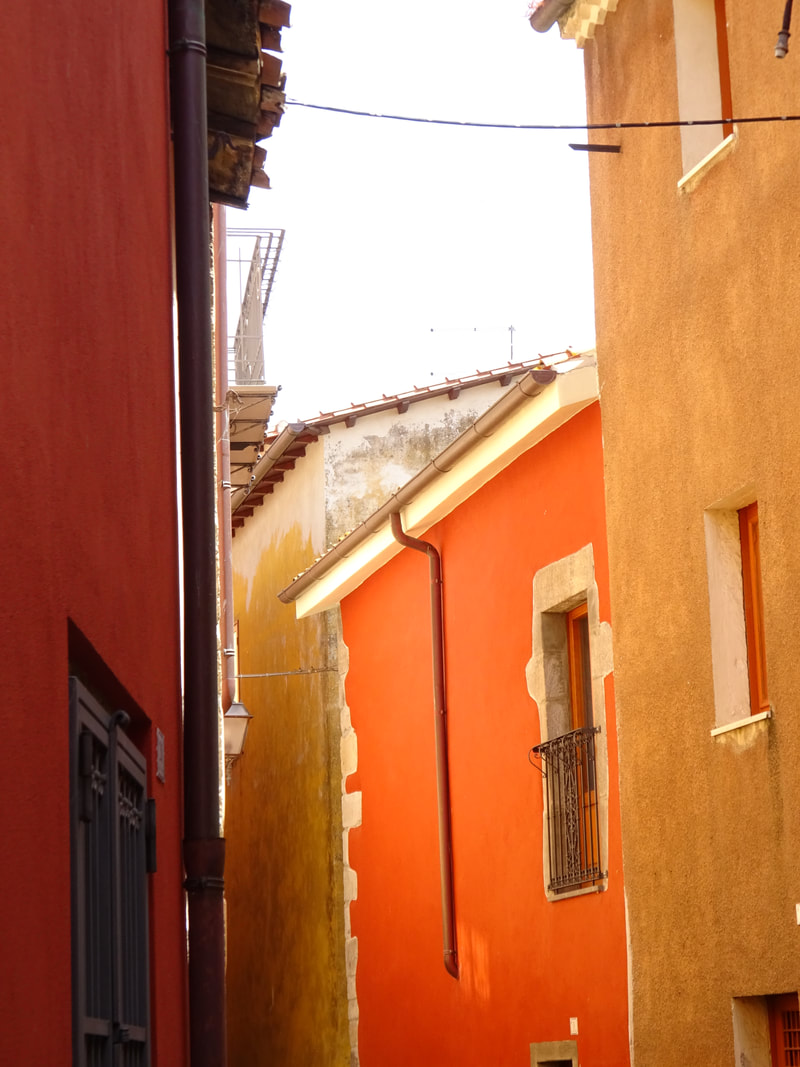
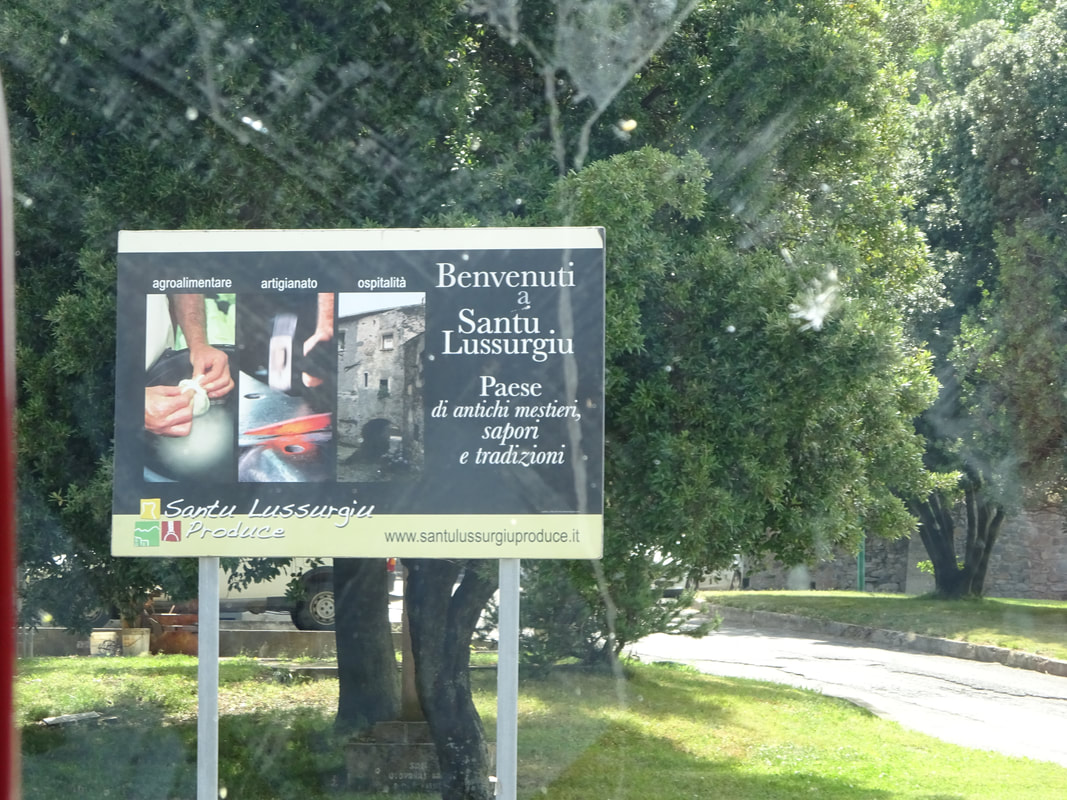
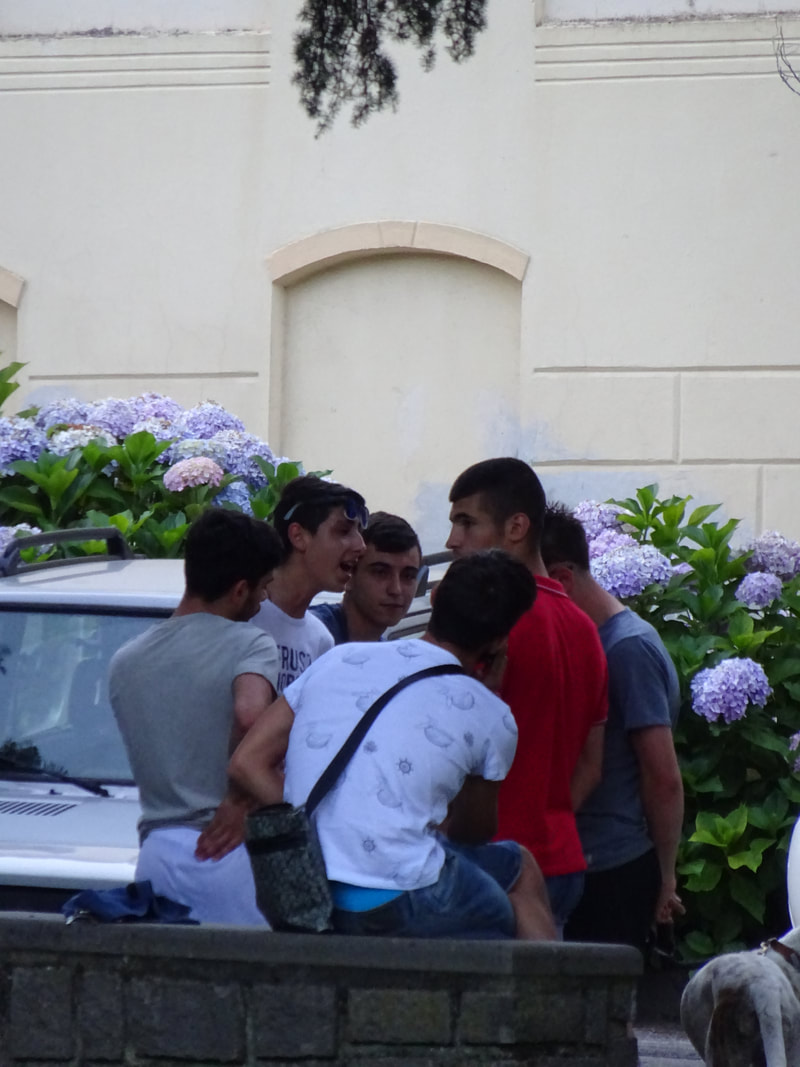
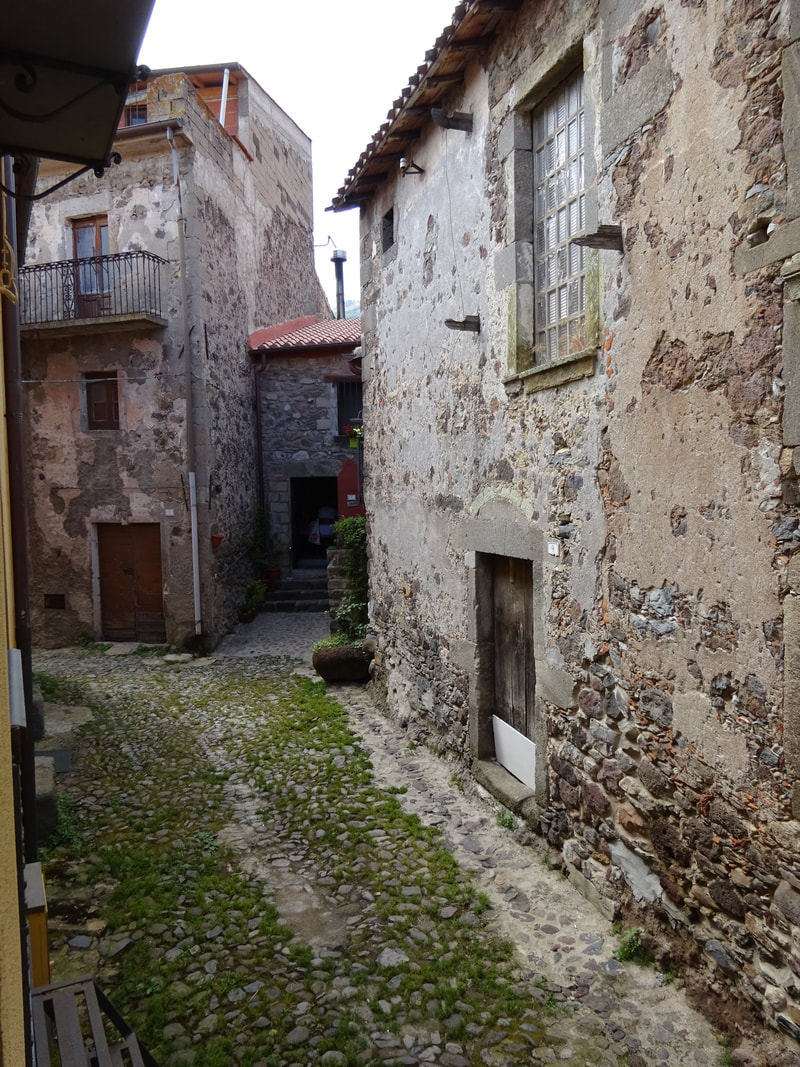
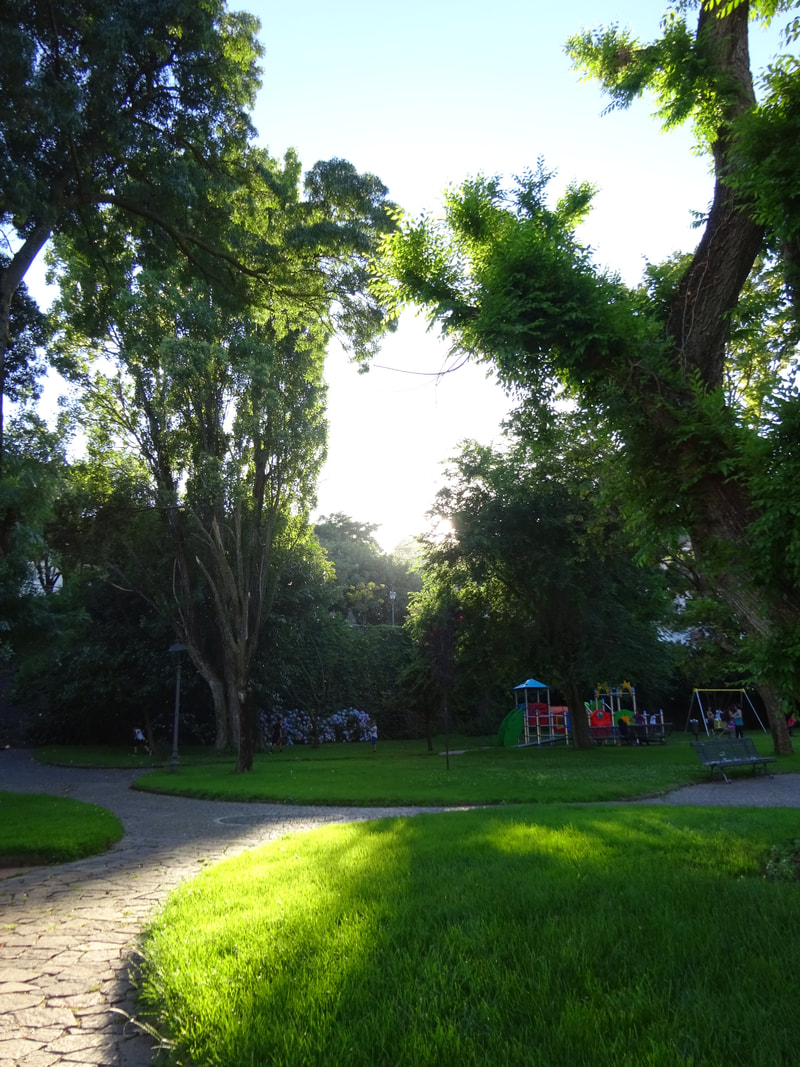
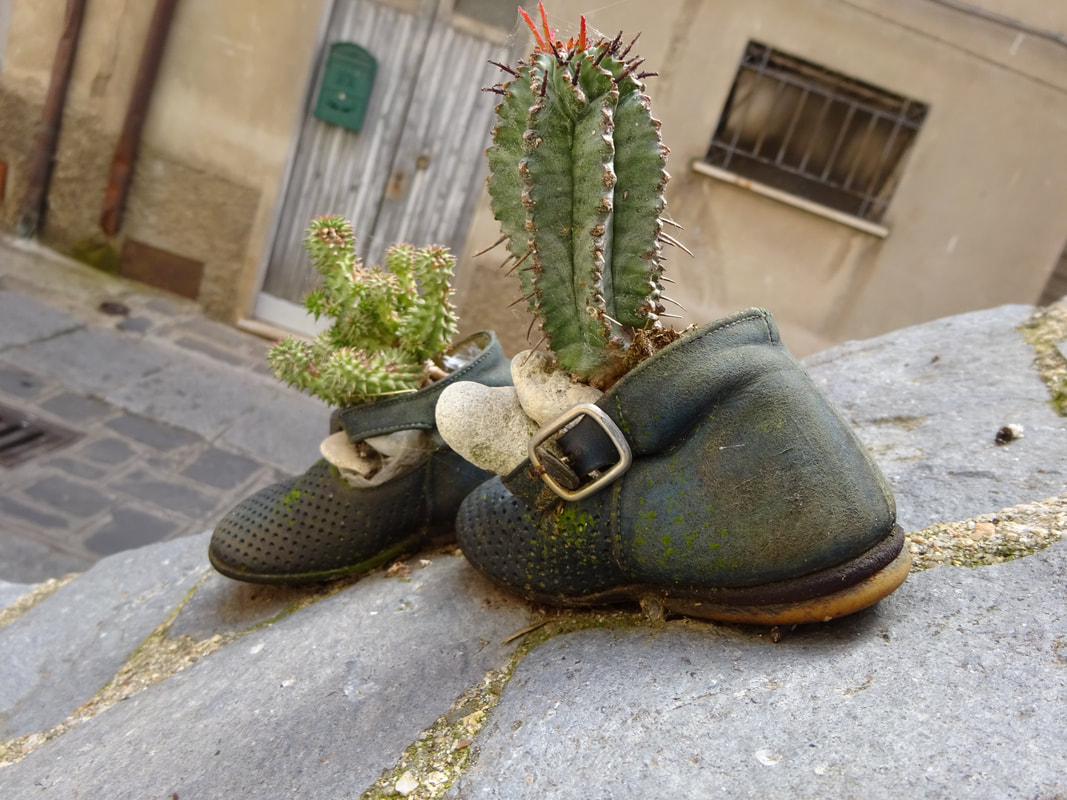
 RSS Feed
RSS Feed
